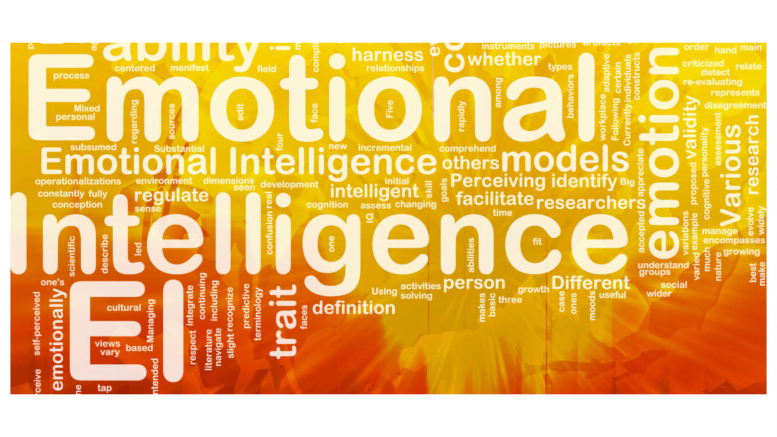As AI and digitalisation revolutionise the corporate landscape, one irreplaceable truth remains: the significance of the human touch – empathy, connection, and understanding.
For Gen Z communications professionals, navigating increasingly complex environments require more than just technical skills. It demands Emotional Intelligence (EI), the ability to read the room, understand social cues, and connect authentically with diverse audiences. Daniel Goleman defines EI as “the ability to recognise and understand emotions in yourself and others, and to use this awareness to manage your behaviour and relationships.”
This skill goes beyond personal interactions; it extends to how you lead your team, engage with internal stakeholders, and connect with external stakeholders – essentially, anyone you rely on and who relies on you.
EI means reading the room, understanding social cues, assessing the mood and context, and adapting your approach accordingly.
At the heart of EI lies empathy – to truly understand and share the feelings of another, a powerful tool that can foster authentic connections. For communications, it involves not only listening to stakeholders but also addressing underlying social tensions. Whether we are drafting speeches, planning PR campaigns, or engaging in crisis communication, the ability to listen, understand, and address concerns with sensitivity is key.
Take Pepsi’s infamous 2017 ad featuring Kendall Jenner. Though it aimed to promote unity, it was widely condemned for being tone-deaf, trivialising social justice movements like Black Lives Matter. The backlash stemmed from the team’s failure to accurately gauge the emotional and social climate, highlighting the dangers of inadequate market research and listening.
Empathy and Authentic Connection
Respecting the people we work with is essential. Each person is a subject matter expert, and our role as communicators is to help apply a blend of creativity and science to articulate their stories in ways that reflect their expertise. Our job depends on others giving us time to elicit content. It takes empathy to understand these dynamics.
EI and mental resilience become even more critical where conflicting perspectives are common. Navigating the opinions of dominant personalities and department leaders while maintaining the integrity of your message and objectives requires assertiveness and a calm demeanour under pressure. There will be moments when you need to push back and say no if something doesn’t sound right.
It’s important for communications professionals entering a business to demonstrate their expertise without bulldozing others. You’ll be tested. Tough conversations must happen, but this is how trust and collaboration are built.
Resilience, Reward, Regret
As communications professionals, we hold a unique power—the ability to make our organisation’s bubble a forcefield.
Yet, it’s easy to feel overwhelmed. Mental resilience allows us to stay calm under pressure, to adapt, and to thrive in adversity.
Passion for the industry fuels the patience, understanding, and appreciation necessary to navigate the challenges faced in the industry. By understanding your limits and protecting your well-being, you set yourself up for long-term success.
Whether it’s writing a speech in 20 minutes, managing media for an upcoming protest, or scrambling to get last-minute content from a dozen different touchpoints, we often operate under immense pressure. It’s hard to ensure every piece of the puzzle aligns with the narrative. It’s hard to rally multiple departments, each with their own KPIs, to contribute to a unified message. It’s hard to mitigate risks when a brand finds itself in a crisis.
There’s a choice at hand here. Choose the pain of reward – the satisfaction of a job well done, crises averted, and messages that resonate – or choose the pain of regret, wishing we’d acted sooner, planned better, or pushed harder. It’s hard, yes. But it’s also incredibly rewarding.
This is our time. The world needs empathetic, resilient communicators. It’s your turn to shape the future.
The views and opinions published here belong to the author and do not necessarily reflect the views and opinions of the publisher.



Be the first to comment on "Emotional Intelligence, Resilience, and the Human Touch in Communications"